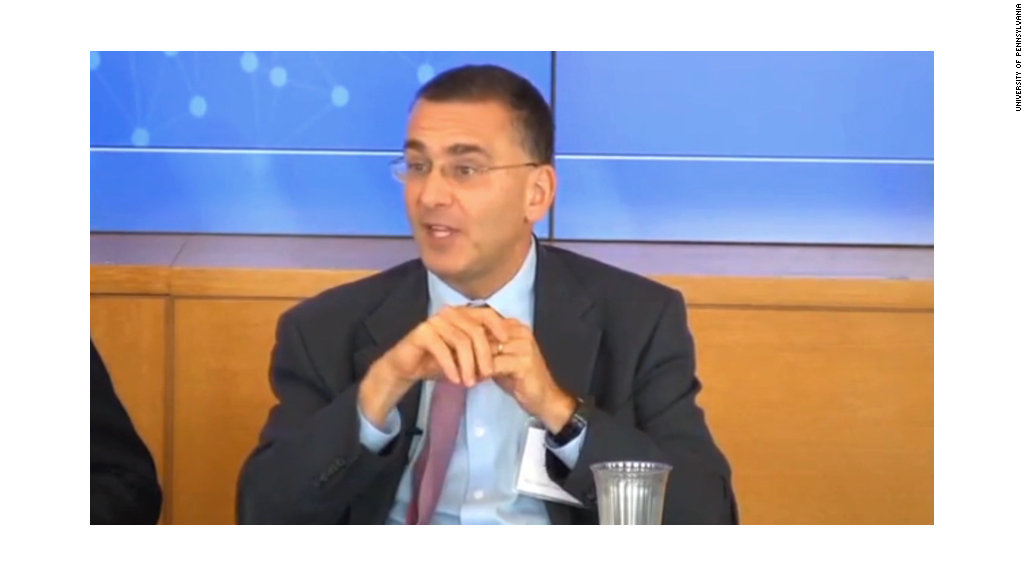
Whether or not American voters are "stupid," it's a good bet most are not familiar with the Obamacare tax that's whipped up a firestorm in recent days.
It's called the Cadillac tax, and it will be levied on pricey company health plans starting in 2018.
That's what Jonathan Gruber, a White House consultant on Obamacare, was talking about when he questioned Americans' intelligence and the Obama administration's truthfulness.
Companies get a big tax break for providing health insurance to their workers. This perk is expected to total $143 billion in 2014, making it the largest federal tax exclusion. Employees also often get a break.
Gruber, an MIT economist, has long been against it, and many economists agree.
The tax break benefits the wealthy more because they are in a higher tax bracket. And it encourages companies to offer and employees to buy more generous health plans.
"It bids up the cost of health care," said Roberton Williams, senior fellow at the Tax Policy Center.
Related: Americans don't like Obamacare, even if enrollees do
While tax reformers have tried to eliminate this break for years, they've met with stiff opposition from companies and labor unions.
Enter Obamacare's Cadillac tax. Companies will have to pay a 40% tax on the value of policies above a certain cap, which in 2018, is $10,200 for an individual and $27,500 for a family.
At first, that will mostly curb benefits for wealthy executives and union workers that negotiated generous plans. Soon it will capture more people, since the caps will rise each year with inflation.
And though companies have to pay the tax, it could have an impact on workers' wages, some fear.
It's Gruber's comments on how the Obama administration got the Cadillac tax through Congress that's stirred up so much controversy.
"The only way we could get rid of it [the tax break] was first by mislabeling it [the Cadillac tax], calling it a tax on insurance plans rather than a tax on people when we all know it's a tax on people who hold those insurance plans," Gruber said at a public policy research forum in 2011.
Gruber estimates than the Cadillac tax will effectively get rid of company health insurance in 20 years, though other experts aren't that sure. But it will certainly force many changes to company plans, some of which are already under way. Employers will shift more of the costs onto employees -- in the form of higher deductibles and co-pays -- in order to keep premiums below the cap.


